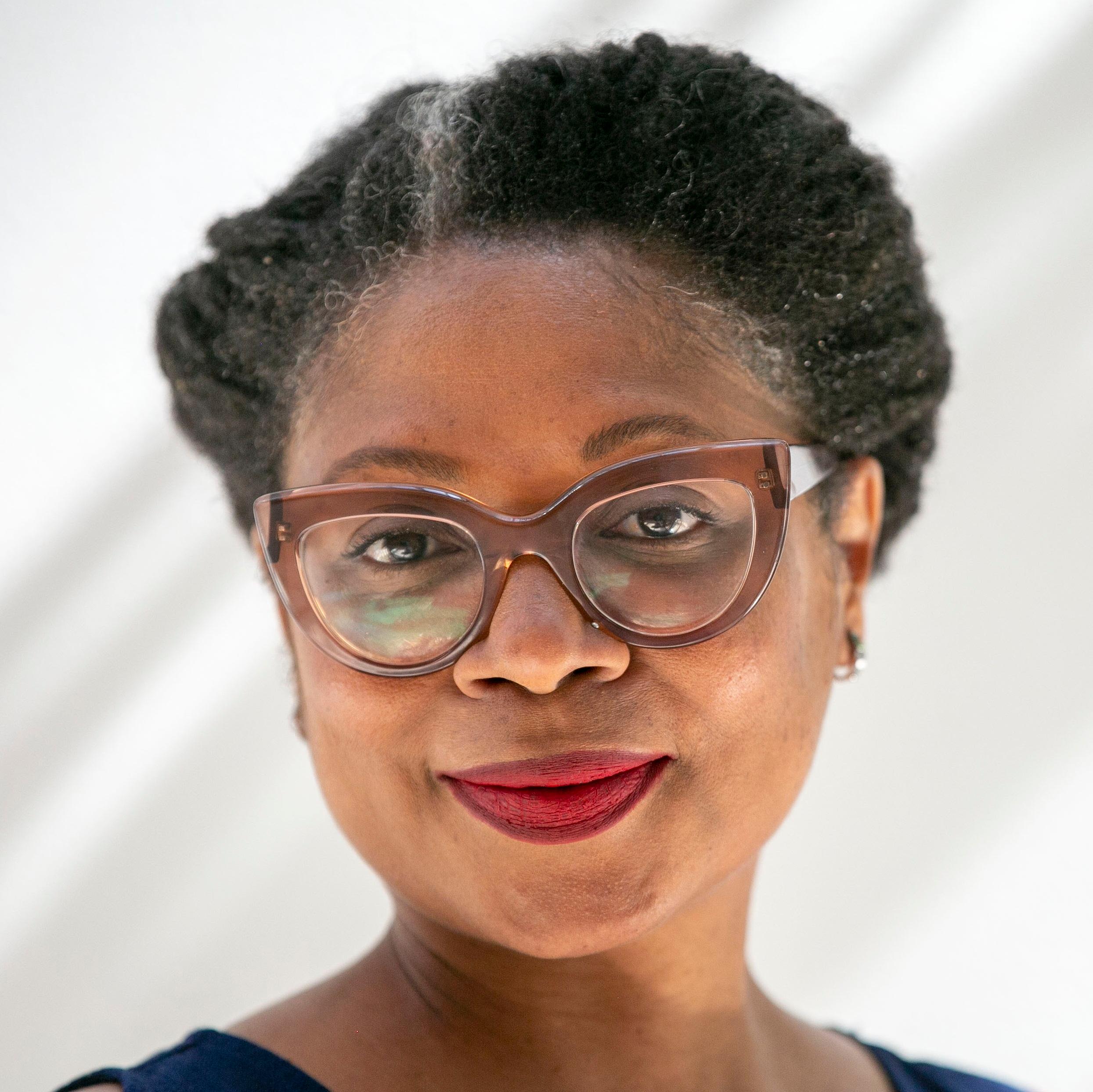In a classic episode from the 1994 TV sitcom “Living Single” — which featured successful Black characters including an attorney and a business owner — Kyle, a stockbroker, believed his hair was affecting his chances of getting a promotion at work.
“My hair is not just for fashion, it’s part of my heritage,” Kyle said in the scene, standing in a boardroom with his three male colleagues—two white, one Black. “It is a statement of pride.”
Exactly 30 years later, Black people are still having a “Hair-Razing Experience” (the name of the episode) when it comes to how they choose to wear their hair in the workplace and at school.
That episode touched the lives of many Black people with textured hair working in corporate America. The deciding factor of what has historically been considered “professional hair” has often been based on white, European standards. Standards that are vastly different from the natural fro’s, braids, curls and locs worn by people in the Black community.


In Colorado, the natural hair movement has progressed in recent years. Manushkka Sainvil, founder of Chubby Curls, a natural hair product line for people with textured hair, said what’s considered “professional-looking” hair shouldn’t have anything to do with the texture of the person’s hair.
“As long as your hair is clean,” is what matters, she said.
“We really have to redefine what traditional means, right? Traditional means a European phenotype, typically,” she added. “So my job is to rework the narrative on what that means in terms of like professional hair, acceptable hair; as long as it’s an expression of you, that makes you feel good about yourself, that’s the most important thing.”
Colorado’s CROWN Act, which became law in 2020, bans discrimination based on “hair texture, hair type, or a protective hairstyle that is commonly or historically associated with race.”
Twenty-two states have passed the legislation, which indicates how impactful hair is in the Black community. Many Black celebrities and public-facing people are leading the effort by supporting such bills, embracing their own natural hair, and moving away from wearing sleek-looking or straight hairstyles — which often involves harsh chemicals and excessive heat that cause long-term damage to textured hair.
Last week at the Democratic Convention in Chicago, Omarosa Manigault Newman created some waves on social media for wearing her hair in a traditionally Black hairstyle. She has become a vocal critic of former President Donald Trump, after once serving in his administration.
At the DNC, the former director of communications for Trump’s administration was unrecognizable with her new do, as many have only seen her with straight hair that followed more white and European hairstyles in the past. The hair transition led many to speculate about the reasons for Manigault Newman’s hair change now that her political views have.
Democratic Rep. Leslie Herod of Denver, who was a sponsor of the bill — known as the “Creating a Respectful and Open World for Natural Hair Act of 2020” — said she learned from a young age to never wear her natural hair in public, and that is “just how it was.”
But as times are progressing in the Black natural hair movement, even more men are joining the effort and wearing their hair in non-traditional styles. Lance Grace, a mental health therapist based in Denver, wears his neck-length hair in dreadlocks — or locs, depending on personal preference — in various different styles, including the “barrel rolls” he’s currently wearing until he travels to New York City for his next hair appointment.
He said that the way he wears his hair is not only a freedom of expression of the versatility of his hair, but also his hairstyle's connection to Black history, slavery, family roots and his personal self-care health.
“It’s the journey, the knowledge of understanding where it all comes from, and just pushing it forward,” Grace said. Over the three years he’s been wearing a loc style, Grace said he receives more admiration and positive support than negative reactions to his hair. But he emphasized that his professionalism outweighs his hairstyle in his overall presence.
“I keep myself clean and professional in my dress, in my attire, and in the way I present myself,” he said, adding that self-expression and individuality is important in both work and school settings.
“Be proud of who you are,” he said of the advice he would give to any young Black man who wants to begin a loc journey, even though they may face discrimination or deal with struggles to grow and wear their natural hair.
In 2019, a white referee deemed that a young Black male wrestler's dreadlocks didn't conform to the rules. A video of him being forced to shave his hair before the match later went viral.
“It’s a public shaming, and it’s unacceptable,” Sainvil said of the incident that happened in New Jersey. The state signed the CROWN Act later that year.
For more on this story, listen to this week’s episode of Real Talk with Denver 7 and CPR News, which focuses on issues that impact underrepresented people across Colorado and amplifies the voices you may not always hear.



